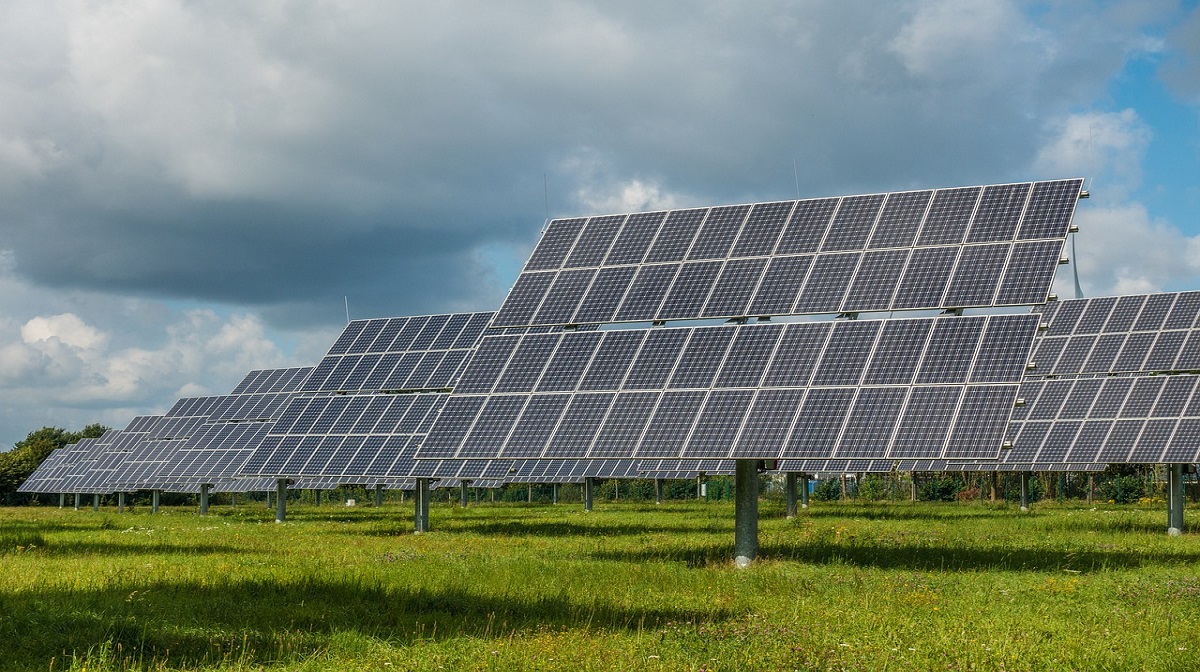The clean energy downstream sector in Indonesia is rapidly gaining traction as a magnet for investment, projected to unlock a monumental USD 3.6 trillion by 2060. This staggering potential reflects Indonesia’s growing ambition to spearhead the global energy transition, leveraging its natural wealth and strategic position. Speaking at the Executive Forum on Sustainable Investment, hosted by Media Indonesia in Jakarta on November 18, Edy Junaedi, Deputy for Investment Implementation Control at the Investment Coordinating Board (BKPM), underscored the transformative role of green investments in shaping Indonesia’s future.
Edy revealed that Indonesia’s commitment to achieving net-zero carbon emissions by 2060 is at the core of this immense opportunity. The clean energy sector is not just a lucrative investment target but a pathway to sustainable economic growth, environmental preservation, and improved societal welfare. With global momentum building around green initiatives, including carbon taxes and the Paris Agreement, Indonesia is positioning itself as a key player in the global energy shift.
“Our calculation shows that the investment potential in this sector is vast—about IDR 50,000 trillion or USD 3.6 trillion,” Edy stated. He highlighted the government’s efforts to ensure that these investments go beyond numbers, driving real impact for communities and ecosystems. By integrating sustainability into investment policies, Indonesia aims to attract global capital while promoting environmental stewardship.
The shift to green energy is also deeply aligned with global trends. As economies worldwide embrace sustainable practices, Indonesia is harnessing its abundant natural resources to accelerate this transition. However, Edy noted that realizing this vision requires coordinated efforts across various government agencies. The Ministry of Energy and Mineral Resources (ESDM), the Ministry of Environment and Forestry, and the Ministry of Industry must collaborate to ensure that green investment policies deliver equitable benefits and avoid favoring external interests disproportionately.
Edy also emphasized the role of strategic frameworks in transforming potential into tangible results. Indonesia’s wealth of renewable energy sources—ranging from geothermal and solar to wind and hydro—positions the nation as a powerhouse in the green economy. But to fully capitalize on this potential, policies must prioritize inclusivity and environmental sustainability.
The Executive Forum brought together key stakeholders to explore the untapped opportunities in Indonesia’s green energy sector. Discussions revolved around creating an ecosystem where innovation, investment, and policy align to drive the green economy. From fostering renewable energy technologies to creating jobs in sustainable industries, the clean energy downstream sector holds the promise of an economic and environmental renaissance.
This commitment to green energy underscores Indonesia’s vision for a balanced approach to development. By aligning its economic strategies with global sustainability goals, the nation seeks to cement its position as a leader in the global green economy. The challenge lies in ensuring that these ambitious targets translate into meaningful and inclusive progress for all Indonesians.







